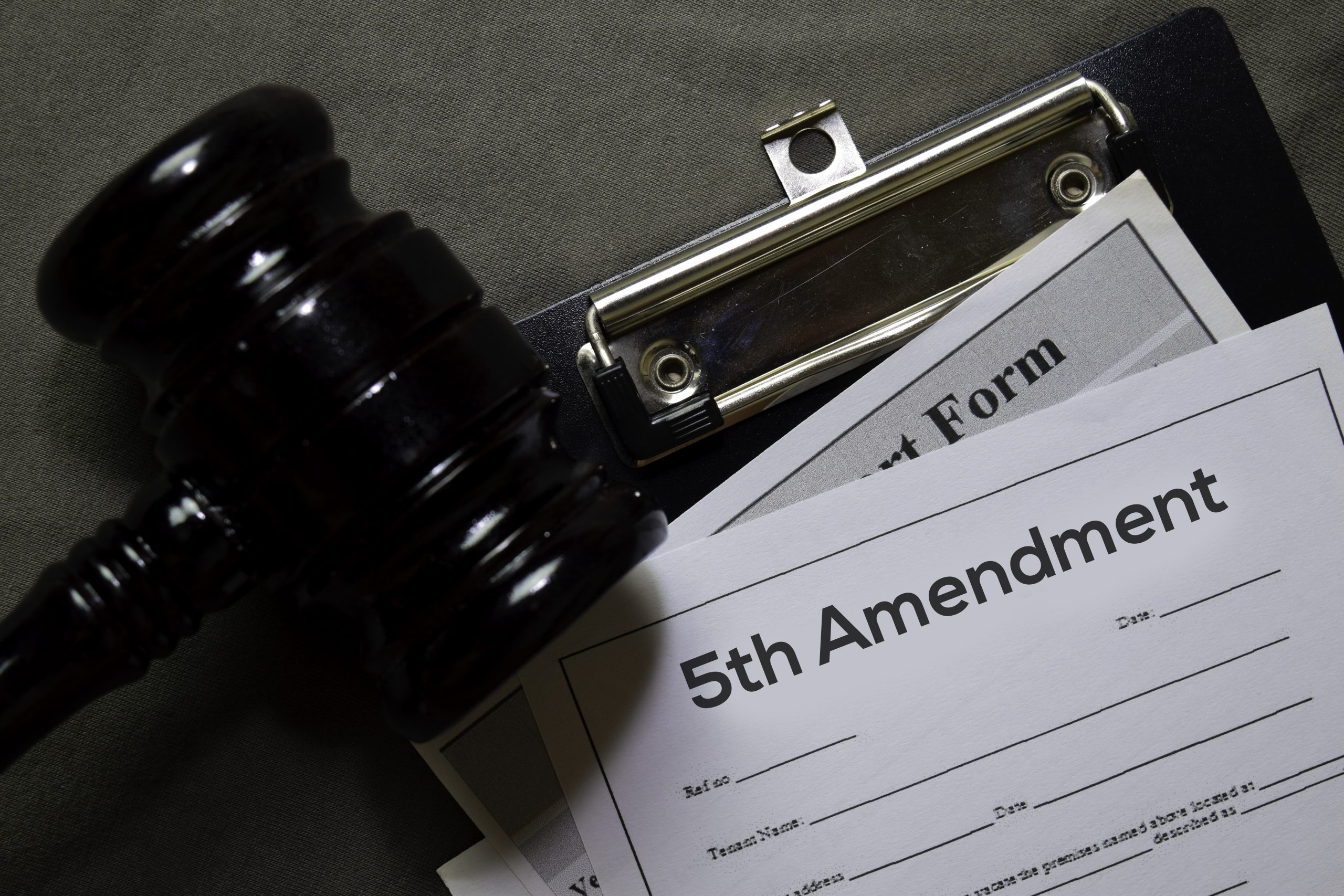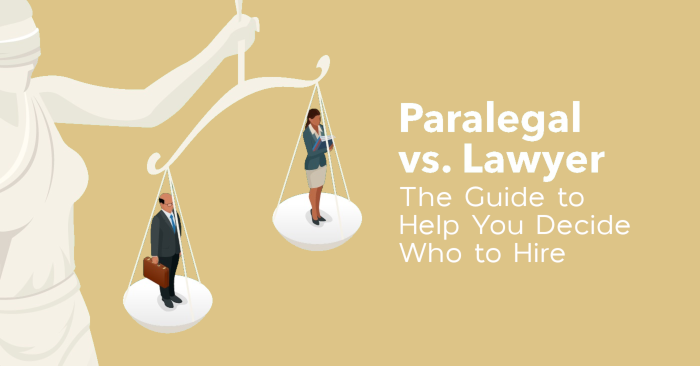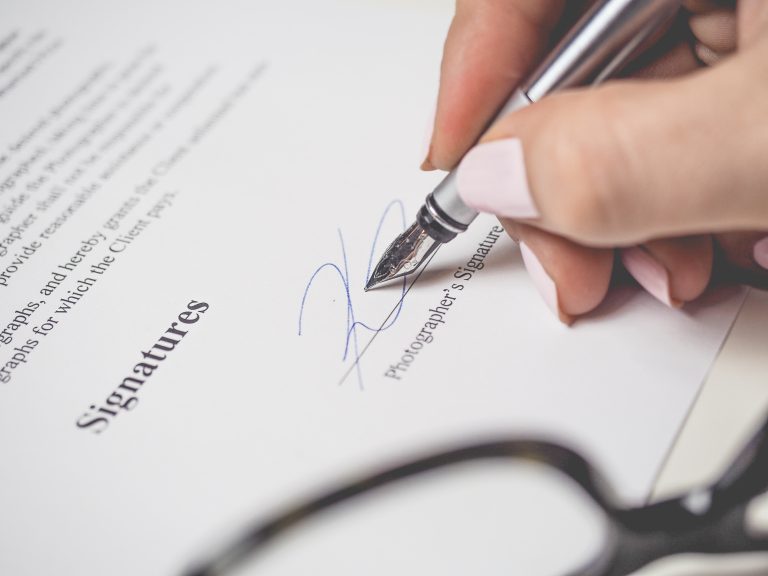DISCLAIMER: Altiorem Legal Services (hereinafter, “Altiorem”) cannot and does not provide legal advice. Altiorem is not a law firm; Altiorem’s staff are not attorneys, cannot act as attorneys, and do not act as attorneys; and any information provided by Altiorem in this article or otherwise is not a substitute for legal advice from an attorney. The information contained in this article should not be construed as legal advice, as it is not intended to be legal advice; the information in this article is provided for educational purposes only. Again, none of the information provided in this article should be construed as legal advice, and nobody should rely on or use the information contained in this article in their legal matters.
FIFTH AMENDMENT RIGHT TO REMAIN SILENT
WHAT TO DO WHEN PULLED OVER BY THE POLICE
Driving a car is an easy way to get around, but it can lead to trouble when you are pulled over by a police officer. Depending on whether you are charged and what the charges are, you could be facing hefty fines and even jail time. If you do not know what to do and what to say when you are pulled over by police, you can create more problems for yourself. There are a few important factors you should consider so that you are ready for the next time you are pulled over. The information in this article relies on the following video: https://www.youtube.com/watch?v=JcZoCY7fUXg. Watch the video if you want to learn more about the steps you should take when pulled over by the police, discussed in this article hereinbelow.
The following are the initial steps one should take when pulled over by the police:
- As soon as you see the flashing lights behind you, engage your blinker to indicate that you intend to pull over to the side of the road.
- Pull over to the right side of the road as soon as it is safe.
- Start recording on your phone, whether video or audio. If necessary, keep your phone hidden so as not to agitate the officer. Record the entire encounter.
- Turn your engine off.
- Roll your window down just enough to be able to hand the police officer the documents they require.
- Keep your hands on the steering wheel so that the officer knows where your hands are at all times; this will help keep the officer calm.
- Keep your important documents like your license, registration, and insurance in your visor so they are easily accessible.
- When you are reaching for your important documents, let the officer know that you are going to be reaching for the documents so they know what you are doing with your hands at all times.
The following is what you should say to the police when they approach you and begin asking you questions. You should be very respectful and polite when talking to the police; you want to appease the officer, not incite violence or harassment on their part; you do not want to upset the officer or give them a reason to be belligerent with you; you do not want the officer to pull you out of your car, throw you to the ground, and arrest you aggressively. It is better to be respectful, polite, and compliant with the officer’s orders and then fight the case in court later. This is why you must record your entire interaction with the officer; you can use the video or audio in court to show that you were very respectful, polite, and compliant with the officer.
The following steps are referred to in the video as “The Script.” Adhere to The Script entirely; memorize The Script so that you know what to do when a police officer pulls you over. The Script is as follows:
- When an officer says, “Do you know why I pulled you over?”—or when the officer says anything, really—and no matter what they ask or say, you ask, very respectfully and politely, “Why did you pull me over?” Never answer the officer’s questions because you might inadvertently incriminate yourself.
- When the officer keeps asking you questions or is otherwise trying to get you to talk, you respond very respectfully and politely, “I am not discussing my day.” You can repeat this as many times as necessary if they keep asking you questions.
- If the officer continues to ask you questions, you should then ask, very respectfully and politely, “Am I being detained or am I free to go?” If the officer says that you are free to go, leave. If the officer says that you are being detained, you then say, very respectfully and politely, “I invoke the Fifth.” To invoke the Fifth Amendment, you must say, “I invoke the Fifth”; it is important to say “invoke” out loud; there is case law from the United States Supreme Court supporting this.
- After invoking the Fifth, you immediately “SHUT THE F*CK UP” (see the video referenced above). Cease speaking immediately, and do not utter another word until you have an attorney present. Even if the officer takes you to the station to interrogate you, you must remain resilient and not say anything until you have your attorney present. If you remain quiet and follow the steps of The Script discussed hereinabove, there is a very good chance that your attorney will be able to get the charges, if any, dismissed.
WHAT IS INVOKING THE FIFTH?
A phrase almost everyone is familiar with is, “You have the right to remain silent.” This means that you have the right to not speak with the police because anything you say can incriminate you and be used against you. Pursuant to the Fifth Amendment to the US Constitution, no one “shall be compelled in any criminal case to be a witness against himself.”1United States Constitution, Fifth Amendment This means that you have the right to not “be a witness against”2Id. yourself. The Fifth Amendment grants you rights that protect you from incriminating yourself, provided that you use these rights correctly and invoke them appropriately, as referenced above.
The Fifth Amendment states:
No person shall be held to answer for a capital, or otherwise infamous crime, unless on a presentment or indictment of a grand jury, except in cases arising in the land or naval forces, or in the militia, when in actual service in time of war or public danger; nor shall any person be subject for the same offense to be twice put in jeopardy of life or limb; nor shall be compelled in any criminal case to be a witness against himself, nor be deprived of life, liberty, or property, without due process of law; nor shall private property be taken for public use, without just compensation3https://www.law.cornell.edu/constitution/fifth_amendment (emphasis added).
Thus, following this and as explained above, the Fifth Amendment protects you from incriminating yourself.
WHAT DOES SELF-INCRIMINATION MEAN?
Self-incrimination is the act of implicating oneself in a crime or exposing oneself to criminal prosecution.4https://www.law.cornell.edu/wex/self-incrimination
An example of self-incrimination would be if an officer asks, “Do you know why I pulled you over?” and you respond by saying, “I might have been going a little over the speed limit.” In this example, you incriminated yourself by admitting to a crime—speeding. After invoking the Fifth, you should remain silent to prevent incriminating yourself; be patient and resilient; remain silent throughout the whole ordeal.
Another important thing to remember when you are being detained or arrested is to remain calm. Becoming upset or fighting with the police officer will only make things worse. If they ask you to put your hands behind your head, comply and put your hands behind your head. Comply with their commands; however, you do not have to answer their questions; you have the right to remain silent, so use it. It is your Fifth Amendment right to stay silent, but that right does not entitle you to not comply with an officer’s lawful commands.
CONCLUSION
In conclusion, use your Fifth Amendment right to remain silent appropriately. Invoke your Fifth Amendment right when necessary and as described above, and remain silent and resilient until you have your attorney present. Follow The Script to prevent giving the officer any probable cause to detain or search you. If they do detain and search you regardless, you can use the fact that you followed The Script in order to show that the officer had no probable cause, and that, therefore, the case against you, if any, should be dismissed. Invoking your Fifth Amendment right to remain silent can be a powerful tool to prevent you from incriminating yourself. Stand up for your rights and use them wisely and appropriately.
Notes
#STFU®
SHUT THE FUCK UP®
The Script©
©Copyright Craig & Marc Wasserman 2015 All Rights Reserved
CONTACT US TODAY!
Do you need help with Fifth Amendment issues? Let Altiorem help you today with affordable, top-quality legal services.
Expertise. We are knowledgeable, skilled, and experienced in the process of Fifth Amendment claims and in drafting all manner of legal documents, such as briefs, pleadings, motions, memoranda, letters, contracts, etc. If you need a top-quality, professional, excellently written, well-researched, and compelling legal document drafted, then look no further!
Quality. We produce top-quality, properly written legal documents with impeccable grammar, punctuation, spelling, structure, flow, information, compelling legal arguments, and persuasive legal conclusions. You can see the quality of our work on our work samples page, where you can peruse and evaluate our writing, as well as our other blog posts.
Experience. Our paralegals are highly experienced in working with attorneys, other paralegals, and court personnel.
Customer Care. Navigating the Utah legal system can be daunting and confusing. Let Altiorem relieve your stress and be your guide. Altiorem has a team of professional paralegals ready to work for you. We want to give you the best chance at getting an outcome for your case that you will be happy with. We are happy to receive documents via email from you, speak with you on the phone, look through court files, or even translate documents (English / Spanish)!
Accessible. If you are interested in retaining our services, we can be contacted at (801) 855-6541 (text or call) and at altiorem@altioremlegalservices.com. If you have a project in mind that you would like us to work on, please click here to send us a project request and get a quote. Alternatively, you can send us an email detailing the work you need to be performed, and a real person will respond promptly.
Thank you for your attention and consideration.



